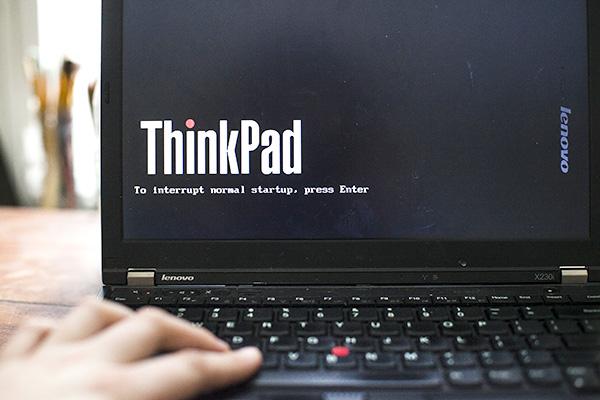The Northern Michigan University IT department will be shutting off the WiMAX broadband system and switching to an LTE network in the city of Marquette at the start of the fall semester 2017. According to university officials, the move will allow for greater speed and efficiency in online use.
The two systems of LTE (Long-Term Evolution) and WiMAX are already coexisting, but Chief Technology Officer Dave Maki said the reasons for shutting off WiMAX are for better operability and faster speeds.
“LTE is five to six times faster, and more reliable by far,” Maki said. “We were also having connectivity issues with the two systems.”
For incoming students using the new X1 Carbon ThinkPad laptops issued in the fall of 2015, this switch will not cost anything extra and is still a part of tuition costs.
Students with an older laptop or residents of Marquette using any given internet device can purchase a MiFi hotspot adapter to connect to the new system.
Maki said that no one has to purchase the equipment through his department and that Amazon and eBay are alternatives.
“I’m giving people an option because anything that is full duplex LTE that supports band 7 generally should work on the network,” Maki said. “There’s a lot of choices out there.”
Maki said to go to the NMU HelpDesk website (it.nmu.edu) where links are listed for buying adapters.
The downside is that Apple products will not connect to the network because NMU cannot support Apple software.
NMU was an early adopter of the WiMAX broadband system, but according to Maki, it was already obsolete by the time it was installed.
“Right when WiMAX was being deployed, the LTE solution came out as the next best thing,” Maki said. “WiMAX basically just flat-lined. We will have gotten about nine years out of the equipment by the fall, and we’re now a registered LTE carrier just like Sprint, AT&T and Verizon.”
Katie Torreano, a junior fisheries and wildlife management major, said that she has heard good things.
“I work at micro repair, so I heard about the switch a couple of months ago and heard it’s a much faster process,” Torreano said.
Another NMU student, Melissa Poole, a junior business management major, said that she doesn’t like the idea of buying an adapter for her laptop that is not set up for LTE originally.
“I don’t want to pay for an adapter,” Poole said.
Maki said he’d like the NMU LTE network to be as far reaching as possible.
“We’d like to expand the network,” Maki said. “The theory is that one day, every major town within the U.P. would have access.”
Maki said that the goal is to be able to partner with state networks, K-12 schools and other universities to initiate better educational access in the home.
“If you look at what a textbook costs, I can give students Internet access to an online version for half the cost of a textbook,” Maki said. “If you think about it, when you buy a book, it is out of date as soon as it leaves the press. This gives them full access.”
According to nmu.edu, Northern Michigan University has the largest private educational LTE and WiMAX network in the United States.






















